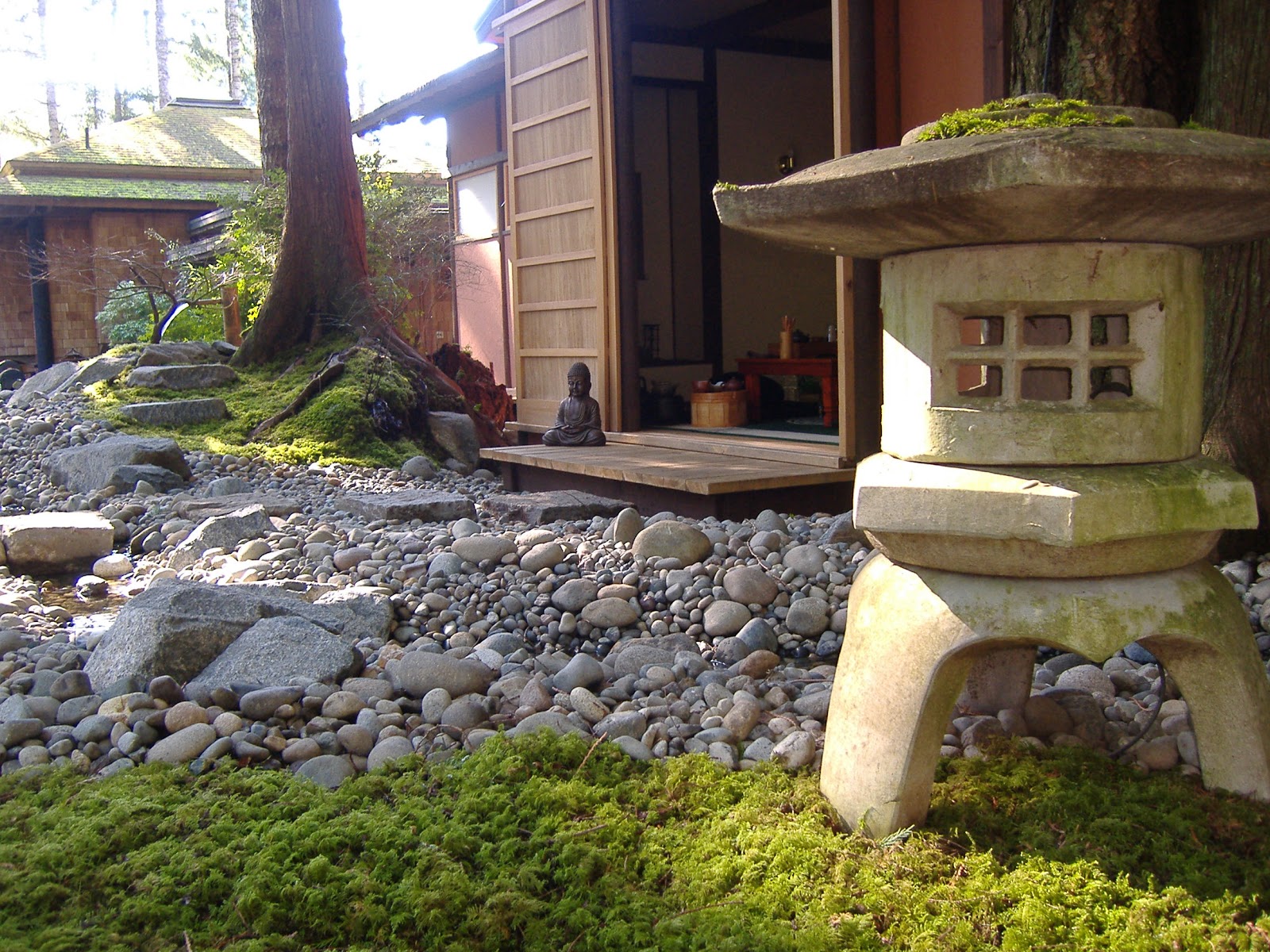
Most of the time these moments pass by us unnoticed because we have what we think are more pressing things to do ---leaving on time to pick up a friend, keep watch on a deadline to finish a work order, worry about completing a school assignment, etc. To be honest, it is difficult, and most likely not possible, for anyone to be totally aware of each moment every moment. That would be an overwhelming and non-human life to live. I have no way of knowing this, but as far as I can tell, humans are the only creatures on this planet that have the capacity to make mental movies of passing events, or envision events that may manifest beyond the immediate moment. The "dog whisperer," Cesar Millan, is fond of telling his clients that dogs only live in the moment. Likewise, Charlotte Joko Beck writes, "A cat is the wonder; but the cat doesn’t know that, it just lives it."
What does that mean, "just live it?" I had a glimpse of this on two occasions. The first was a very pleasurable one, though at the time completely void of understanding it for what it was. The second appeared two years later and was eerily similar. The first was on a mountain, the second on a cushion in the Zendo. If one plus one equals two, the juxtaposition of these two events taught me a different kind of arithmetic. The first experience was shared with a friend while hiking South Mountain in Phoenix, Arizona. We had climbed to the top of a steep upgrade and had stopped to rest on a large boulder. We hadn't been there very long until we caught sight of two coyotes slowly walking across the mountain terrain about thirty feet below us. We sat still as prey while we watched them move slowly and deliberately across our view. When at last the coyotes had disappeared in the distance my friend and I just looked at each other, not saying a word, and quietly returned back down the mountain slope. It was a long time before we spoke and when we did there was no talk of coyotes. The experience seemed to belong to another time in another world.
I had forgotten about the coyotes until one evening while practicing zazen. I was ---unavoidably it seems--- unable to ignore thinking about the meaning of the Heart Sutra. My mind was occupied with composing an essay on emptiness. I was really involved with the pseudo composition when I suddenly saw an ant come into my narrowed vision on the floor of the Zendo. The essay my head was writing disappeared immediately and all I could do was watch the ant crawl around, willy-nilly, in front of my cushion. I watched for what were probably hours in ant-time, minutes or seconds for me. I have no idea how long I watched that little critter but my thoughts were as gone as…. Yes! Just like the time on the mountain when my friend and I watched coyotes meander across the sage and around the cactus. There was no difference in the two events. Both melded together and jolted me as if someone had turned my bed upside down and shocked me out of a deep sleep. It was stunning. What was that? When I woke up I looked for that little ant. I really wanted to thank him for his walk-about, but he was nowhere to be found. Was he real? Or a "separate reality?" Were these events emptiness or form? Two events, one impressive and experienced without understanding, the other a flashback that slammed my senses shut, leaving me in a dream-like stupor, in an empty Zendo, beneath a mountain, coyotes with six legs, ants with four, and myself with none; just a solid rock upon which to sit. An insight into what it means to be in the moment.
Frank Roberts (Fa Guang Shakya)
June 2011
